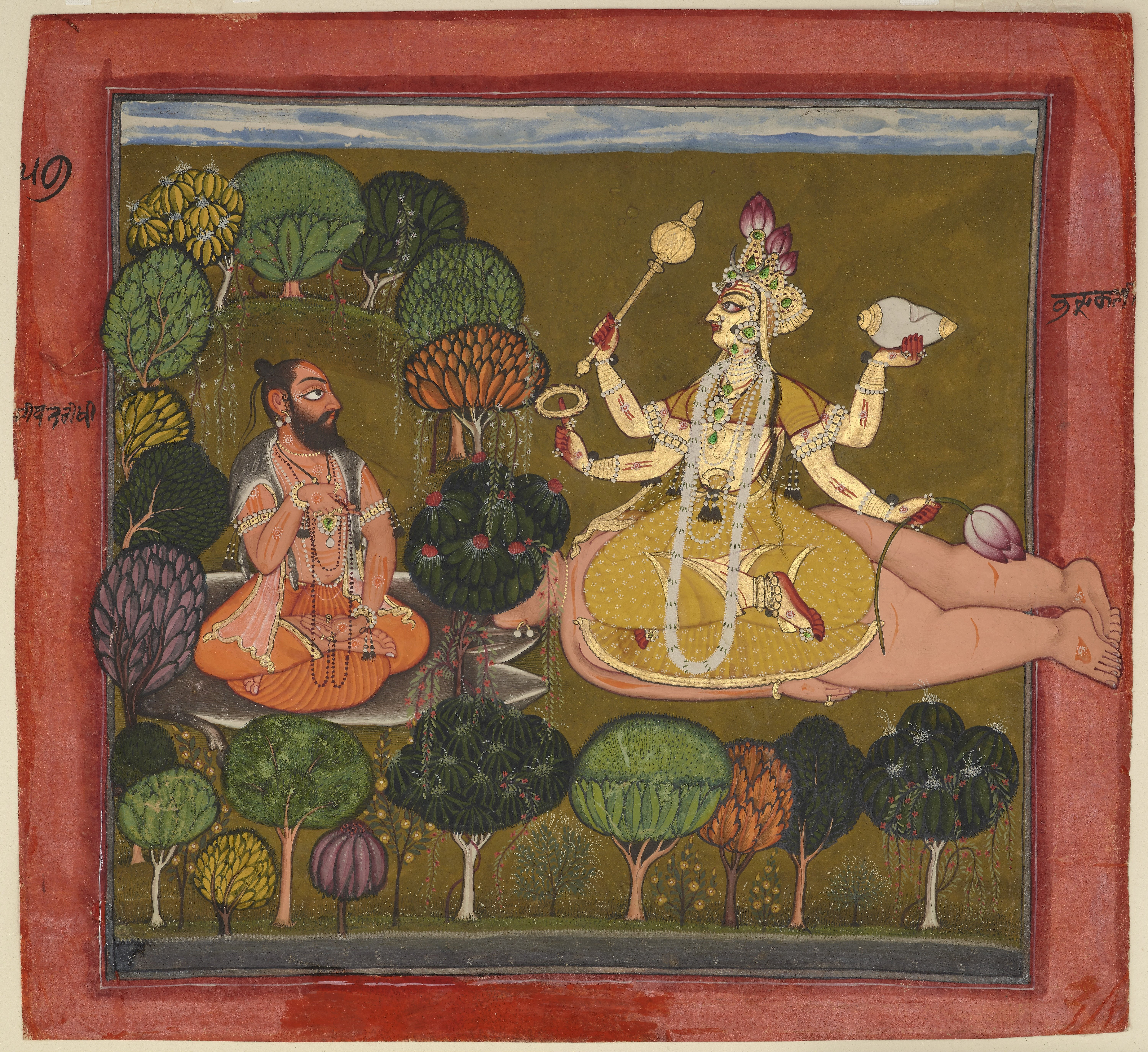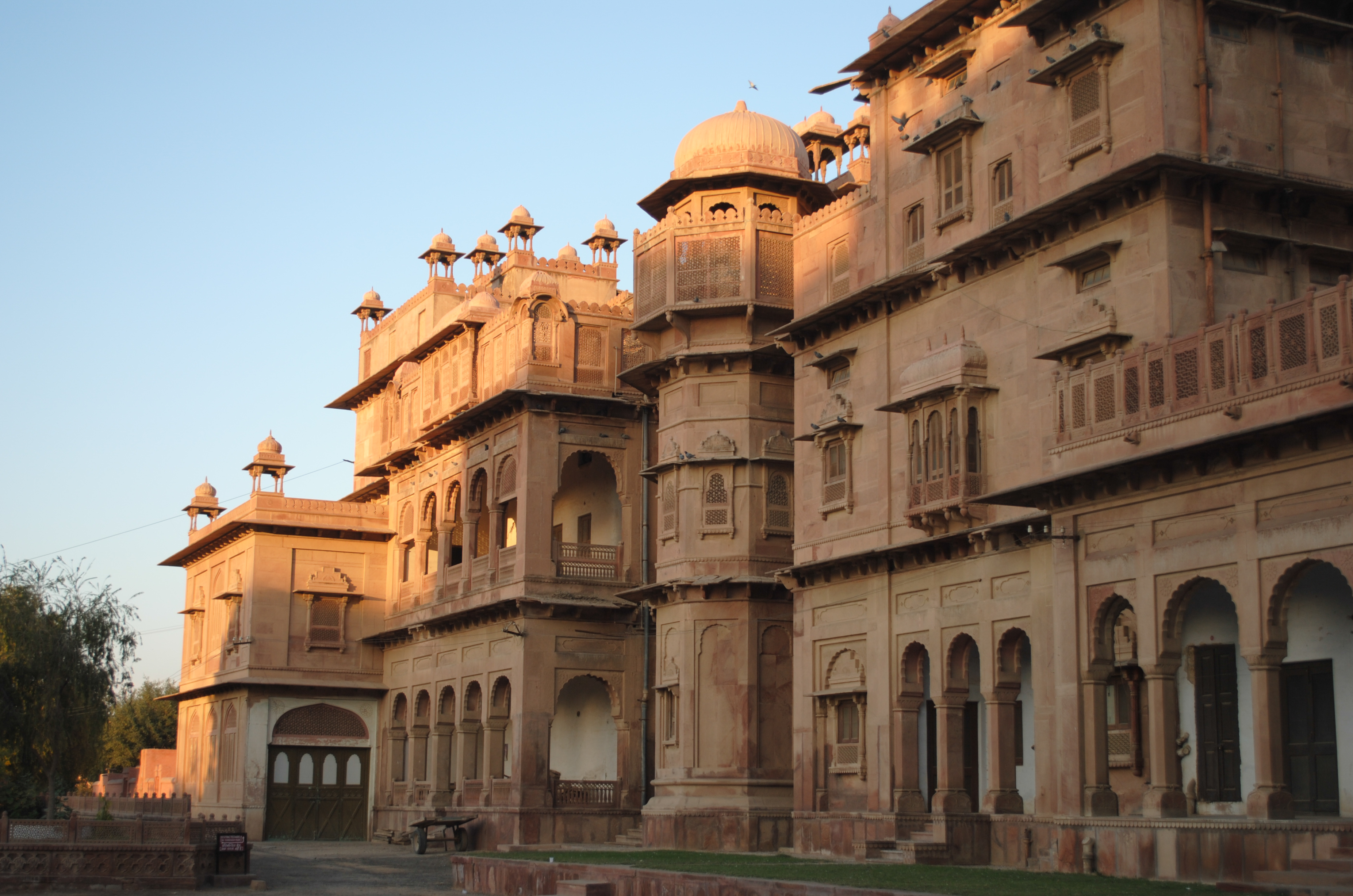|
Bhanot
Bhanot ( ''ɓáːnɔ́ʈ is a Punjabi Hindu surname, variously characterised as Brahmin, Chuhras, or Rajputs; they are also listed as a group of salutary guardsman to the Dogra rulers. Notable persons Notable people with the surname include: *Neerja Bhanot (1963–1986), Indian purser *Shaleen Bhanot Shalin Bhanot (born 15 November 1983) is an Indian actor who works in Hindi cinema, Hindi television. He started his career as a contestant in MTV Roadies, ''Roadies 2'' and has since acted in various serials and web shows. He participated in d ... (born 1983), Indian actor * Tarun Bhanot (born 1971), Indian politician References {{surname Punjabi Brahmins Surnames of Hindu origin Punjabi tribes Punjabi-language surnames Surnames of Indian origin ... [...More Info...] [...Related Items...] OR: [Wikipedia] [Google] [Baidu] |
Neerja Bhanot
Neerja Bhanot (7 September 1963 – 5 September 1986) was an Indian flight purser. On 5 September 1986, she saved a large number of passengers onboard Pan Am Flight 73, which had been hijacked by four Palestinian terrorists from the Abu Nidal Organization after it made a stopover at Jinnah International Airport in Karachi, Pakistan. Around 17 hours into the standoff, after she opened an emergency exit door and began helping passengers escape from the plane, Neerja was shot and killed by the hijackers. Shortly afterward, Pakistan's Special Service Group stormed the aircraft and captured all of the hijackers. Posthumously, Bhanot became the first female recipient and, until 2003, the youngest recipient of the Ashoka Chakra, the highest peacetime gallantry award of India. She also received the Tamgha-e-Pakistan, the 4th highest civilian award of Pakistan, in addition to several accolades from the United States. Her life and humanitarian actions inspired the 2016 Indian Hi ... [...More Info...] [...Related Items...] OR: [Wikipedia] [Google] [Baidu] |
Shaleen Bhanot
Shalin Bhanot (born 15 November 1983) is an Indian actor who works in Hindi cinema, Hindi television. He started his career as a contestant in MTV Roadies, ''Roadies 2'' and has since acted in various serials and web shows. He participated in dance reality ''Nach Baliye#Season 4, Nach Baliye 4'' and emerged as the winner with his now ex-wife Dalljiet Kaur. He then participated in reality series ''Bigg Boss (Hindi season 16), Bigg Boss 16'' where he finished as a finalist. In 2024, he participated in ''Khatron Ke Khiladi 14''. Early life Bhanot was born to Sunita and Brijmohan Bhanot and hails from a business family based in Jabalpur, Madhya Pradesh. He is an avid dancer and fitness enthusiast. Personal life Bhanot married actress Dalljiet Kaur in 2009. In 2014, the couple had their first child, a boy, Jaydon. In 2015, Kaur filed for divorce and accused Bhanot of domestic violence. She claimed that he never even visited the doctor with her while she was pregnant. She stated tha ... [...More Info...] [...Related Items...] OR: [Wikipedia] [Google] [Baidu] |
Tarun Bhanot
Tarun Bhanot (born 15 December 1971) is an Indian politician who is the former Finance Minister of Madhya Pradesh. He is a member of the Indian National Congress. Bhanot became a member of the Madhya Pradesh Legislative Assembly in 2013 from the constituency of Jabalpur West and was re-elected in 2018. He resigned as Finance Minister after Chief Minister Kamal Nath's government lost its majority in the Legislative Assembly, which resulted in the collapse of the Nath Government. See also *Madhya Pradesh Legislative Assembly *2013 Madhya Pradesh Legislative Assembly election *2008 Madhya Pradesh Legislative Assembly election The 2008 Madhya Pradesh Legislative Assembly election was declared by the Election Commission of India on 14 October 2008. Elections for 230 seats took place on 27 November 2008, and counting started on 8 December. The Bharatiya Janata Party won ... References 1971 births Indian National Congress politicians from Madhya Pradesh Living people ... [...More Info...] [...Related Items...] OR: [Wikipedia] [Google] [Baidu] |
Punjabi People
The Punjabis (Punjabi language, Punjabi: ; ਪੰਜਾਬੀ ; romanised as Pañjābī) are an Indo-Aryan peoples, Indo-Aryan ethnolinguistic group associated with the Punjab region, comprising areas of northwestern India and eastern Pakistan. They generally speak Majhi dialect, Standard Punjabi or various Punjabi dialects on both sides. Majority of the overall Punjabi population adheres to Islam with significant minorities practicing Sikhism and Hinduism and smaller minorities practicing Christianity. However, the religious demographics significantly vary when viewed from Pakistani and Indian sides, respectively, with over 95 percent of the Punjabi population from Pakistan being Punjabi Muslims, Muslim, with a small minority of Punjabi Christians, Christians and Punjabi Hindus, Hindus and an even smaller minority of Punjabi Sikhs, Sikhs. Over 57 percent of the population of the Indian state of Punjab is Sikh and over 38 percent Hindu with a small minority of Muslims and C ... [...More Info...] [...Related Items...] OR: [Wikipedia] [Google] [Baidu] |
Hindu
Hindus (; ; also known as Sanātanīs) are people who religiously adhere to Hinduism, also known by its endonym Sanātana Dharma. Jeffery D. Long (2007), A Vision for Hinduism, IB Tauris, , pp. 35–37 Historically, the term has also been used as a geographical, cultural, and later religious identifier for people living in the Indian subcontinent. It is assumed that the term ''"Hindu"'' traces back to Avestan scripture Vendidad which refers to land of seven rivers as Hapta Hendu which itself is a cognate to Sanskrit term ''Sapta Sindhuḥ''. (The term ''Sapta Sindhuḥ'' is mentioned in Rig Veda and refers to a North western Indian region of seven rivers and to India as a whole.) The Greek cognates of the same terms are "''Indus''" (for the river) and "''India''" (for the land of the river). Likewise the Hebrew cognate ''hōd-dū'' refers to India mentioned in Hebrew BibleEsther 1:1. The term "''Hindu''" also implied a geographic, ethnic or cultural identifier for ... [...More Info...] [...Related Items...] OR: [Wikipedia] [Google] [Baidu] |
Brahmin
Brahmin (; ) is a ''Varna (Hinduism), varna'' (theoretical social classes) within Hindu society. The other three varnas are the ''Kshatriya'' (rulers and warriors), ''Vaishya'' (traders, merchants, and farmers), and ''Shudra'' (labourers). The traditional occupation of Brahmins is that of priesthood (purohit, pandit, or pujari) at Hindu temples or at socio-religious ceremonies, and the performing of rite of passage rituals, such as solemnising a wedding with hymns and prayers.James Lochtefeld (2002), Brahmin, The Illustrated Encyclopedia of Hinduism, Vol. 1: A–M, Rosen Publishing, , page 125 Traditionally, Brahmins are accorded the supreme ritual status of the four social classes, and they also served as spiritual teachers (guru or acharya). In practice, Indian texts suggest that some Brahmins historically also became agriculturalists, warriors, traders, and had also held other occupations in the Indian subcontinent.GS Ghurye (1969), Caste and Race in India, Popular Prakasha ... [...More Info...] [...Related Items...] OR: [Wikipedia] [Google] [Baidu] |
Chuhra
Chuhra, also known as Bhanghi and Balmiki, is a Dalit caste in India and Pakistan. Populated regions include the Punjab region of India and Pakistan, as well as Uttar Pradesh in India, among other parts of the Indian subcontinent such as southern India. Their traditional occupation is sweeping, a "polluting" occupation that caused them to be considered untouchables in the caste system. Originally following the Balmiki sect of Hinduism, many Chuhras converted to Sikhism, Islam and Christianity during the colonial era in India. Today, Chuhras in Indian Punjab are largely followers of Sikhism. A minority continue to follow Hinduism, which incorporates elements of Sikhism in its practices, as well as Christianity. In Pakistani Punjab 90–95% of its Christian population are Dalit Christians of the Chuhra caste; other Chuhras practice Islam or continue to follow Hinduism. Etymology and history The word "Chuhra" is derived from the word "Shudra", one of the varnas in India ... [...More Info...] [...Related Items...] OR: [Wikipedia] [Google] [Baidu] |
Rajput
Rājpūt (, from Sanskrit ''rājaputra'' meaning "son of a king"), also called Thākur (), is a large multi-component cluster of castes, kin bodies, and local groups, sharing social status and ideology of genealogical descent originating from the northern part of the Indian subcontinent. The term ''Rajput'' covers various patrilineal clans historically associated with warriorhood: several clans claim Rajput status, although not all claims are universally accepted. According to modern scholars, almost all Rajput clans originated from peasant or pastoral communities. Over time, the Rajputs emerged as a social class comprising people from a variety of ethnic and geographical backgrounds. From the 12th to 16th centuries, the membership of this class became largely hereditary, although new claims to Rajput status continued to be made in later centuries. Several Rajput-ruled kingdoms played a significant role in many regions of central and northern India from the seventh century ... [...More Info...] [...Related Items...] OR: [Wikipedia] [Google] [Baidu] |
Dogra Dynasty
The Dogra dynasty of Dogra Rajputs from the Shivalik hills created Jammu and Kashmir through the treaties with the East India Company following the First Anglo-Sikh war. Events led the Sikh Empire to recognise Jammu as a vassal state in 1820, and later the British added Kashmir to Jammu with the Treaty of Amritsar in 1846. The founder of the dynasty, Gulab Singh, was an influential noble in the court of the Sikh emperor Maharaja Ranjit Singh, while his brother Dhian Singh served as the prime minister of the Sikh Empire. Appointed by Ranjit Singh as the hereditary Raja of the Jammu principality, Gulab Singh established his supremacy over all the hill states surrounding the Kashmir Valley. After the First Anglo-Sikh War in 1846, under the terms of the Treaty of Lahore, 1846, the British East India Company acquired Kashmir from the Sikh Empire and transferred it to Gulab Singh, recognising him as an independent Maharaja. Thus, Jammu and Kashmir was established as one of th ... [...More Info...] [...Related Items...] OR: [Wikipedia] [Google] [Baidu] |
Punjabi Brahmins
Punjabi Brahmins may refer to these Brahmin communities of Punjab Punjab (; ; also romanised as Panjāb or Panj-Āb) is a geopolitical, cultural, and historical region in South Asia. It is located in the northwestern part of the Indian subcontinent, comprising areas of modern-day eastern Pakistan and no ...: * Saraswat Brahmins, a Brahmin community found throughout northern India including Punjab * Gaur Brahmins, another Brahmin community of northern India and Punjab {{disambiguation ... [...More Info...] [...Related Items...] OR: [Wikipedia] [Google] [Baidu] |
Surnames Of Hindu Origin
In many societies, a surname, family name, or last name is the mostly hereditary portion of one's personal name that indicates one's family. It is typically combined with a given name to form the full name of a person, although several given names and surnames are possible in the full name. In modern times most surnames are hereditary, although in most countries a person has a right to change their name. Depending on culture, the surname may be placed either at the start of a person's name, or at the end. The number of surnames given to an individual also varies: in most cases it is just one, but in Portuguese-speaking countries and many Spanish-speaking countries, two surnames (one inherited from the mother and another from the father) are used for legal purposes. Depending on culture, not all members of a family unit are required to have identical surnames. In some countries, surnames are modified depending on gender and family membership status of a person. Compound surn ... [...More Info...] [...Related Items...] OR: [Wikipedia] [Google] [Baidu] |





